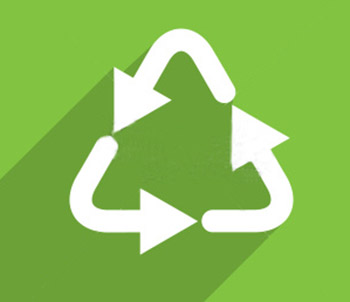Revised Spring 2023
Battery Safety - Understanding Battery Recycling
Recycle your portable rechargeable batteries to conserve natural resources, prevent rechargeable batteries from entering the solid waste stream and ultimately, to preserve our environment. Improper disposal can cause potential fire hazards at waste handling facilities and landfills and contaminate water supply.
Portable rechargeable batteries are commonly found in many products including cordless power tools and lawn and garden equipment. The most common recycled portable battery chemistries include: Nickel Cadmium (Ni - Cd), Nickel Metal Hydride (Ni-MH), Lithium Ion (Li - ion), and Small Sealed Lead (Pb) (weighing less than 2 lbs./1 kg.).
Make sure you follow state, local, and federal regulations, as these batteries cannot be disposed of with regular/curbside recycling or trash. Many major retailers in U.S. and Canada have battery recycling collection boxes. For the sites nearest you, visit www.call2recycle.org or call the consumer helpline, 1-877-723-1297.
The following organizations can provide more information on batteries and recycling efforts:
The following organizations can provide more information on additional battery chemistries and recycling efforts:
Portable Rechargeable Battery Association www.prba.org
Call2Recycle www.call2recycle.org
Avoid the Spark
EPA: Used Lithium-Ion Batteries | US EPA
In addition, please see Industry Guidance on Transporting High Energy Batteries for Recycling.

